ORIGINAL RESEARCH
Published on 18 Aug 2022
Senescence of alveolar epithelial cells impacts initiation and chronic phases of murine fibrosing interstitial lung disease
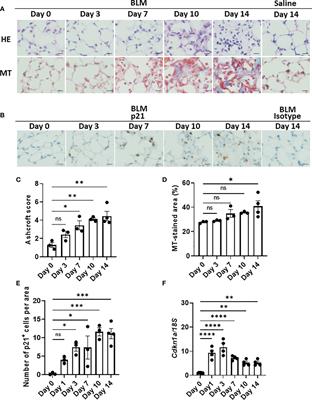
doi 10.3389/fimmu.2022.935114
- 3,996 views
- 23 citations
18k
Total downloads
49k
Total views and downloads
ORIGINAL RESEARCH
Published on 18 Aug 2022

CORRECTION
Published on 08 Aug 2022

ORIGINAL RESEARCH
Published on 14 Jun 2022
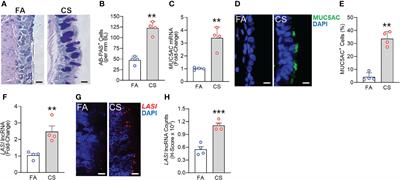
ORIGINAL RESEARCH
Published on 31 Mar 2022
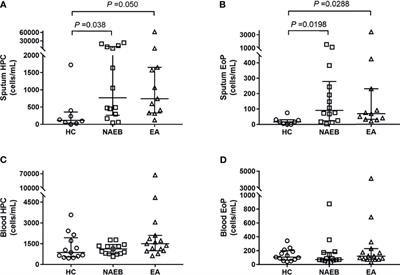
ORIGINAL RESEARCH
Published on 08 Mar 2022
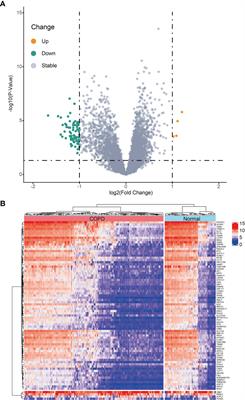
ORIGINAL RESEARCH
Published on 28 Feb 2022
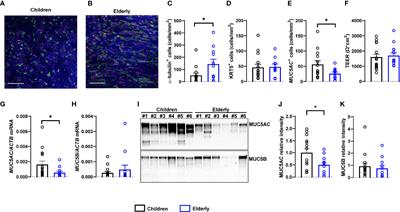
METHODS
Published on 22 Dec 2021
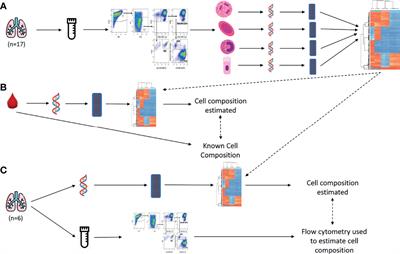
ORIGINAL RESEARCH
Published on 07 Dec 2021
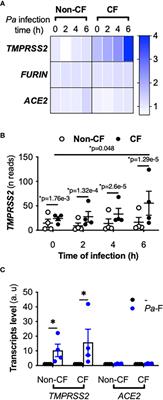
ORIGINAL RESEARCH
Published on 23 Nov 2021
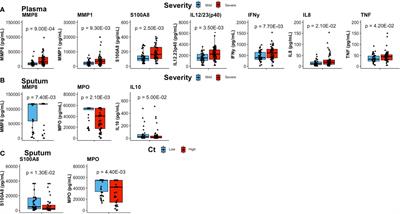
REVIEW
Published on 15 Nov 2021
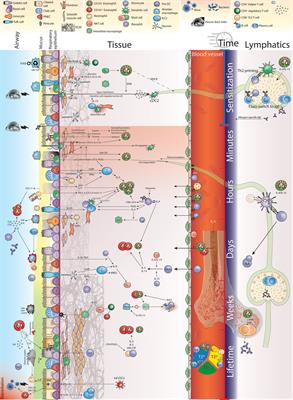
ORIGINAL RESEARCH
Published on 30 Jun 2021
